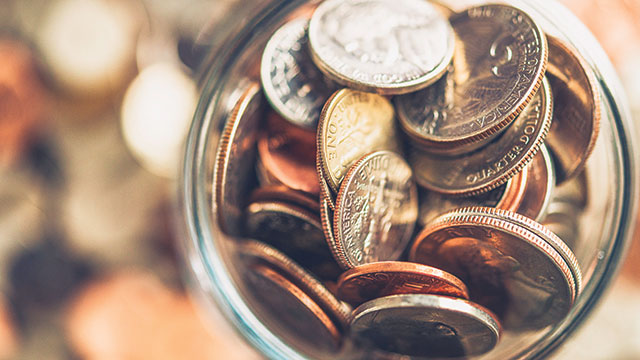Used Equipment: A Boon to Start-Up Labs
Start-up labs can stretch their dollars further by buying used

Starting a new lab is an exciting and challenging endeavor. One of the biggest hurdles that start-up labs must overcome is lack of funding, which is certainly felt when it comes time to purchase lab equipment. With limited capital to spend, start-up labs often turn to resellers to obtain the equipment they need for a fraction of the price.
Octavio Espinosa, senior director of sales, marketing, and operations at BioSurplus (San Diego, CA), began his career as a member of a small start-up lab. “We had to stretch our dollar, and buying pre-owned lab equipment was a phenomenal way for us to kick things off,” he recalls. Similarly, when Fatih Büyüksönmez, CEO of Conquer Scientific (San Diego, CA) and a professor at San Diego State University, started as a new faculty member, funding for his laboratory was limited, so he too turned to used instruments.
Buying used rather than new pieces can yield substantial savings—a pre-owned high-end mass spec can be procured for as low as 10 percent of the cost of a new one, says Büyüksönmez. Some companies, like BioSurplus, even go one step further and offer additional discounts to start-up labs.
However, Büyüksönmez warns that not all used equipment companies are equal. Some liquidators, he says, “buy cheap and sell cheap, so you get what you pay for.” If an instrument purchased from a liquidator is not working, it might end up costing even more to have it repaired.
Related Article: Options for Sourcing Used Lab Equipment
According to Büyüksönmez, it is better to work with an established dealer and pay a few thousand dollars extra to be confident that you will end up with a working piece.
Mark Kuznets, the president of Boston Industries (Walpole, MA), offers some additional advice to those who are buying pre-owned equipment for the first time: “Always consider shipping costs; make sure sellers offer support after the sale; ask about the warranty and how return shipping is handled in the event that the repairs need to be made; and most important, make sure the instrument you are purchasing is a complete system that is tested, as missing pieces rack up cost really fast.” Buyers should also ask about the testing that has been performed on a piece of equipment, says Kuznets, and for pieces that are needed immediately, customers should make sure that the seller has it on the shelf and ready to ship.
Aside from the obvious cost savings, there are other benefits that certain resellers offer to start-up labs. As Espinosa explains, “even though our core business is to provide the life sciences community with quality pre-owned lab equipment, we also put start-ups in touch with other services that they may need to help get their lab up and running.” Additionally, for customers whose labs are not yet ready to receive equipment, BioSurplus will house a set of purchased equipment free of charge.
Lack of funding is one of the greatest challenges that start-up labs face, but purchasing pre-owned equipment can lessen financial hardship and enable new labs to begin focusing on what really matters: the science.
